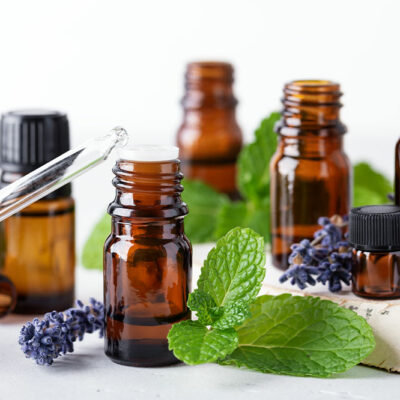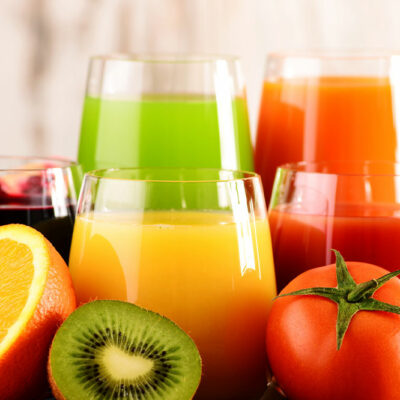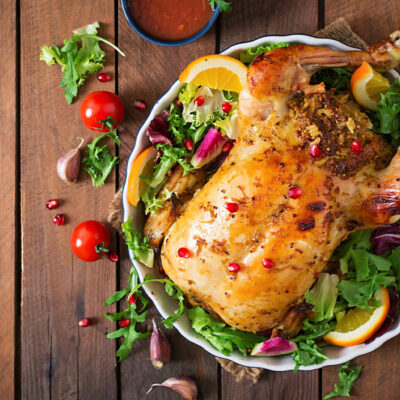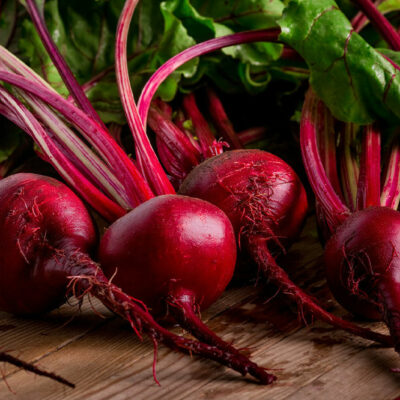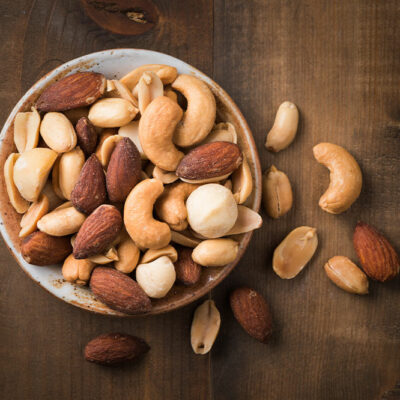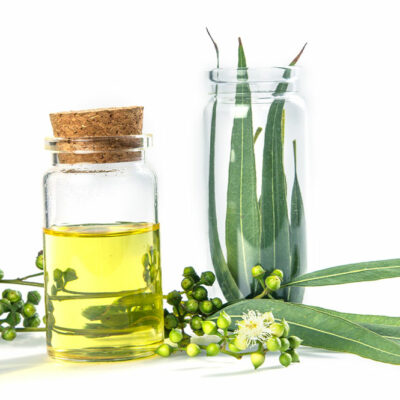7 human foods that cats can enjoy
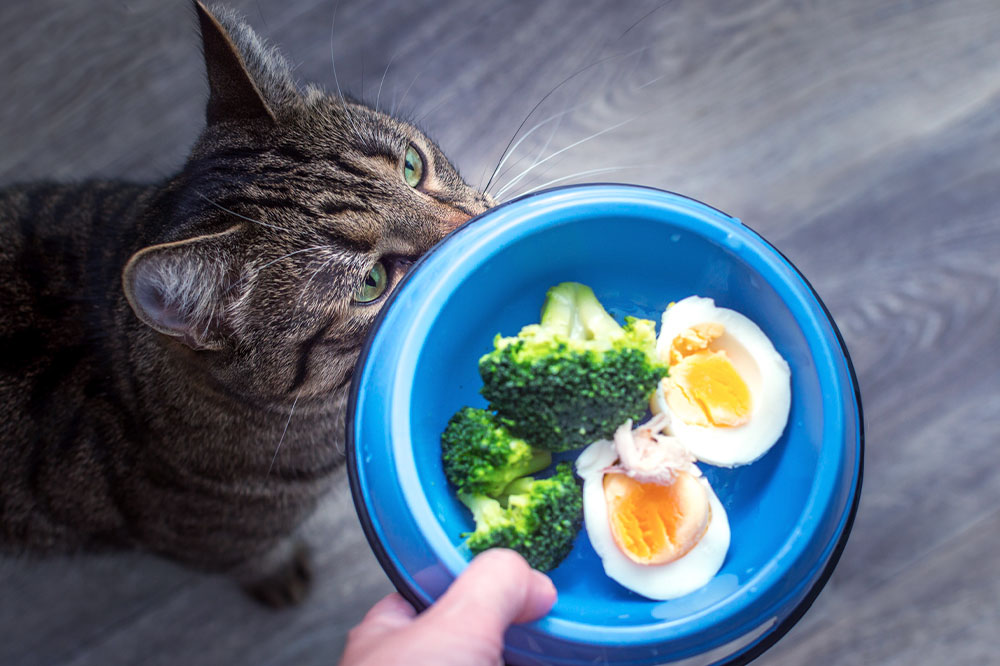
Pet owners are extremely protective of their fur babies. They want to ensure that their pets get the best of care and, most importantly, food. Most often, one gets tempted to share the food from the plates with them. But, not all the food we consume is safe for our pet cats. This makes it important to stay informed on the food items that are safe or harmful for cats. Read on to learn more.
Whole grain and whole grain foods
You can also share whole grain products like brown side, oatmeal, and more with your cat in moderate quantities. Whole grains are nutritionally dense and contain iron, fiber, vitamins, and tons of minerals that can boost your cat’s health. The fiber content can help improve digestive health, while vitamins and minerals can help make their coat healthy and shiny.
Cheese
Cats across the globe share an intense love for all things dairy. Not only will they enjoy a bowl of fresh milk, but they also love other dairy products such as cheese, yogurt, and even butter. When they are born, cats rely on their mother’s milk to survive for the first two to three months. But, as they grow, cats, much like many humans, tend to develop an intolerance for lactose, a protein that is found in milk and milk products. So, if your cat can digest milk and other dairy products without an upset tummy, you could consider giving them small amounts of cheese and even milk. They are rich in calcium and have a high level of protein. Cheese also makes for a great way to provide your pet cat with oral treatments.
Poultry
Cats are carnivorous animals and enjoy foods such as chicken, beef, and other animal products. As a matter of fact, meat is their natural choice of food for cats. Not to mention, they make a delicious and nutritious addition to their meals. But, when it comes to pet cats, doctors typically suggest cooked poultry. Raw meat can upset your cat’s tummy and lead to digestive issues, vomiting, and diarrhea. When purchasing meat for your cat, it is best to opt for fresh meat. This is because cold-cut meats and other preserved meat options usually have sodium or other preservatives added to them to increase their shelf life. They can be potentially harmful to your cat.
Fish
Fish are a rich source of omega-3 fatty acids that help your cat stay healthy. Omega-3 fatty acids also help your cat maintain a shiny fur coat. Salmon, tuna, and crabs are some of the options if you want to give your cat some fish. Also, make sure the fish is cooked before it is served. Raw fish can lead to infections and even wreak havoc on their digestive tract.
Vegetables
If you see your cat munching on plants, it probably means they want some fiber in their meals. You can try adding vegetables such as carrots, broccoli, asparagus, and even squash to their daily food intake. Of course, as with meat, you must consider washing and cooking the vegetables before you feed the cats. Avoid giving them raw vegetables as they may have difficulty digesting, leading to tummy troubles.
Eggs
Eggs are rich sources of protein, minerals, and vitamins. They can help boost your cat’s immune system and improve its overall health. Again, you want to avoid giving them raw eggs. This is because raw eggs can sometimes contain salmonella and E. coli, leading to infections and illnesses. Instead, you want to opt for boiled or scrambled eggs. Also, keep in mind that you do not want to feed your pet cat any fried and oily goods.
Fruits
Fruits contain tons of nutrients, antioxidants, vitamins, minerals, and more. They are also rich in fiber which can boost your cat’s digestive health. Cranberries, bananas, and apples are safe for cat consumption.
While there are human foods that are safe for cats, they may not be able to fulfill your cat’s nutritional needs. In such cases, you can opt for cat food tailored to your cat’s breed, age, and health requirements. Some of the popular brands include IAMS™ Cat Food, Hill’s Pet Nutrition, Sheba®, PURINA® FRISKIES®, and 9Lives®.

